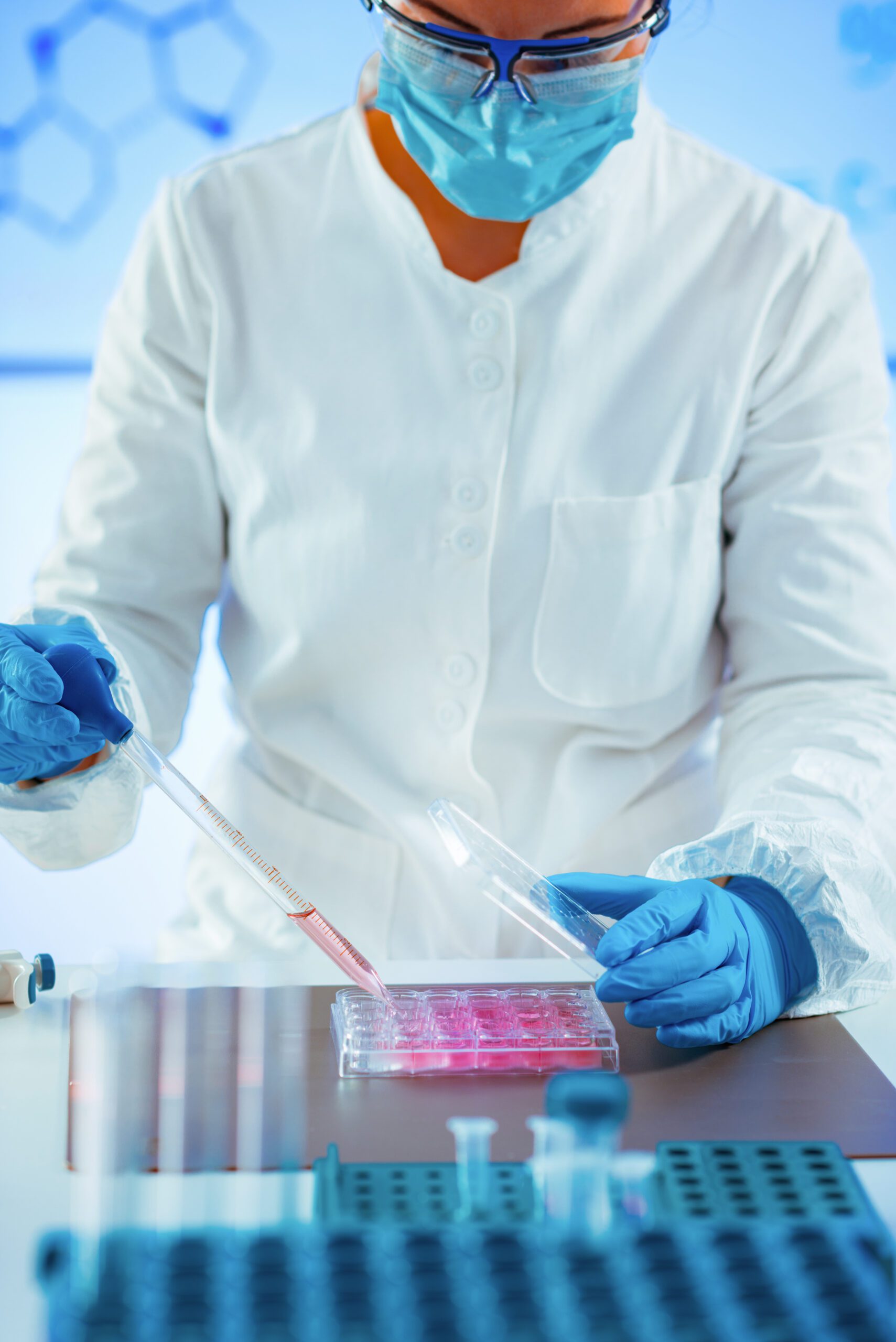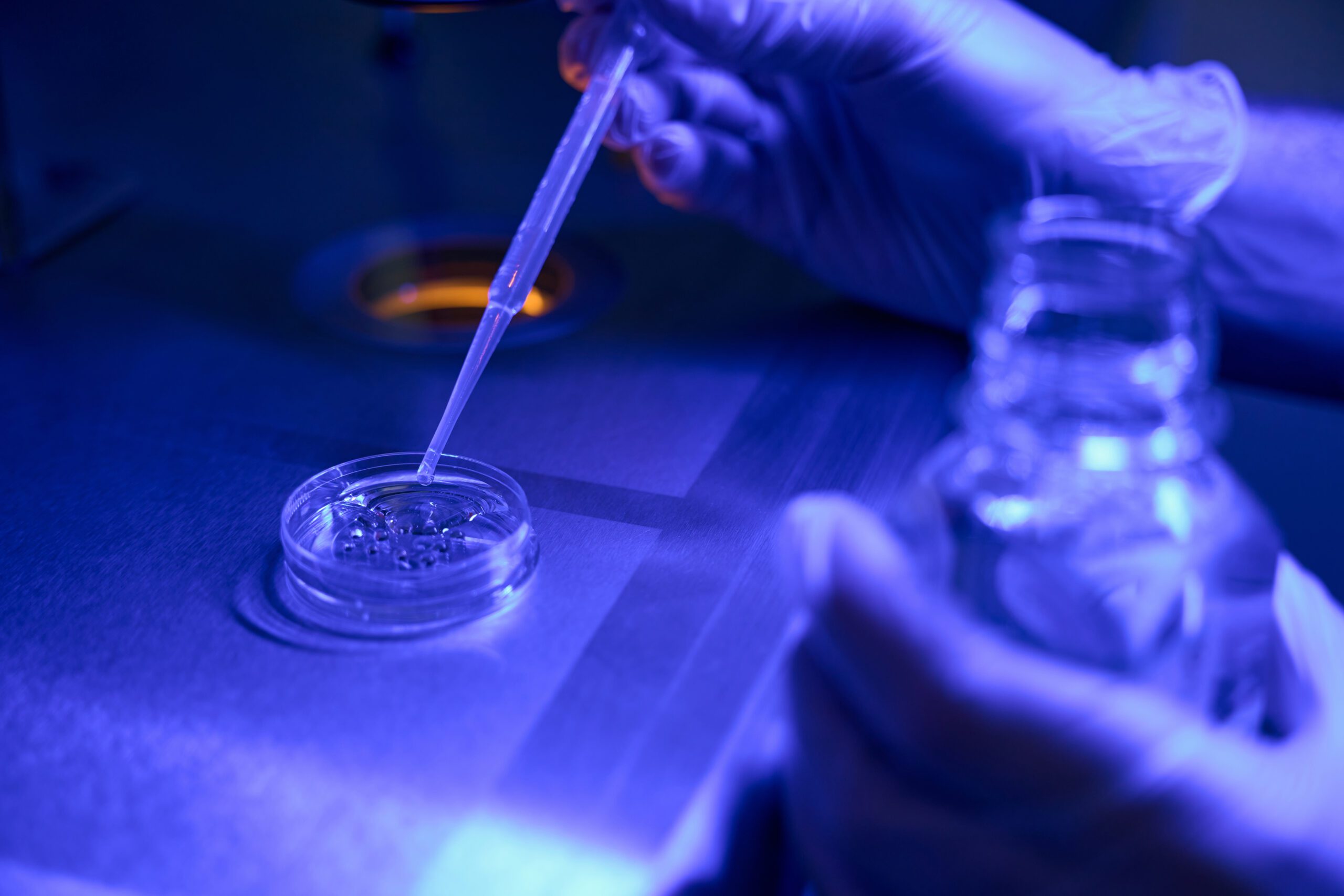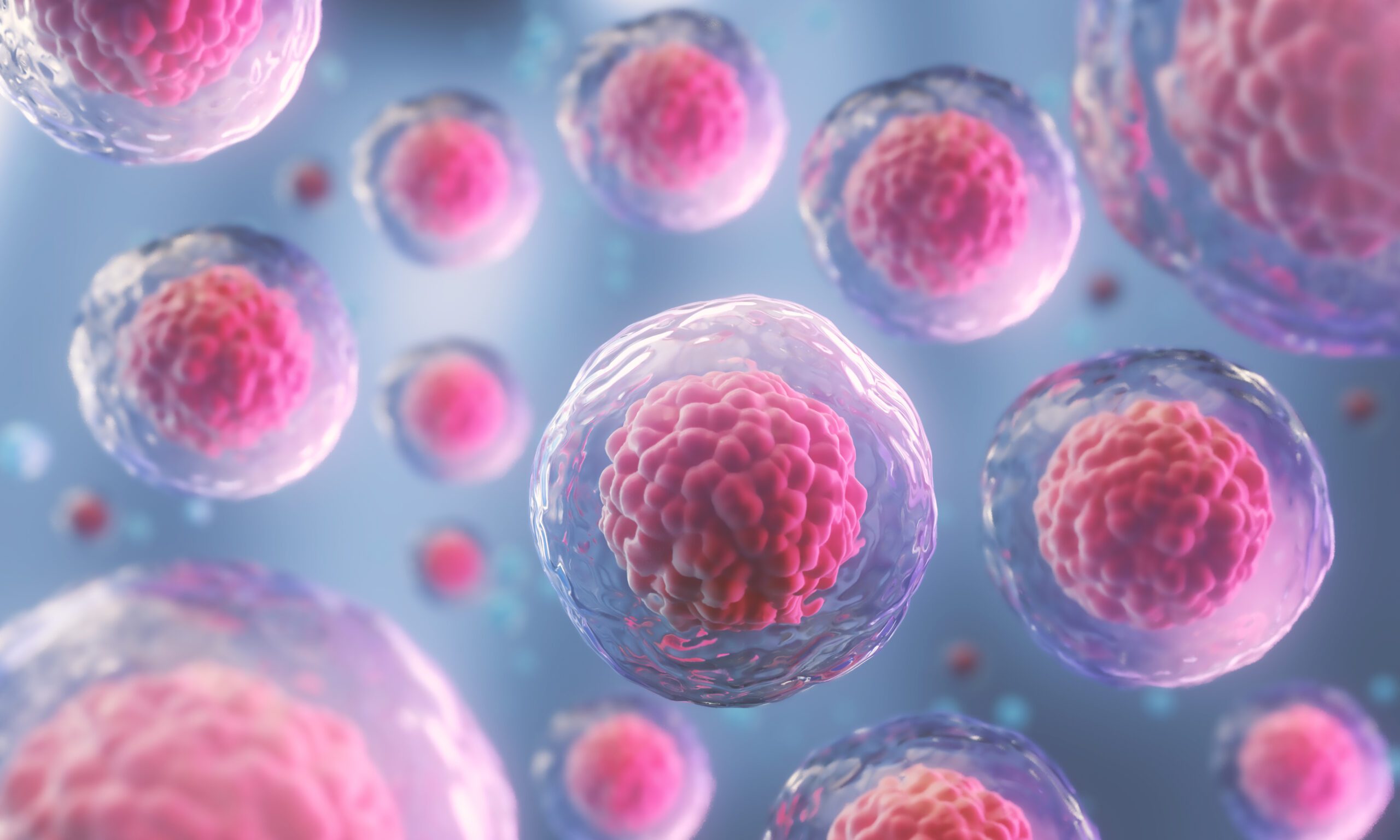Bioethics, the Church, and Science
The expansion of scientific research should be commended because it improves medicine, provides additional knowledge, and improves humanity. However, as the scientific community reaches further and further, the ethical boundaries that protect humanity continue to blur.
This is not to say that the Church or AFL do not support scientific advancement. In fact, we are in favor of medical research that respects the Sanctity of Life and does not interfere with natural life and death.
Successful scientific experimentation does not remain in a laboratory. It eventually finds its way into hospitals, doctors’ offices, and the lives of people in the pews of the Church. While the Church may not always be able to address every single new scientific breakthrough, the Church will be raising a new generation of doctors and scientists. It will be the generations, in years to come, that will be responsible for determining the ethics for scientific research—and whether or not the scientific community will choose to follow God’s way or man’s.

50-100 Human Eggs
are required to clone one embryo.
Cloning
Cloning is a way of producing a genetic twin of an organism without sexual reproduction. Scientists created Dolly, the sheep, in 1996. She was the first mammal cloned from an adult somatic cell. However, reproductive cloning, where the created embryo is implanted into a human womb, is banned by many nations. More nations have legalized therapeutic cloning, which also creates human beings in embryo form through cloning for the purpose of harvesting the embryonic stem cells for growing organs.
Egg Donation
In order to create embryos to clone and obtain embryonic stem cells, the research requires the procurement of ova, more commonly known as a woman’s eggs. The creation of one cloned embryo will require 50-100 human eggs. This means that millions or billions of eggs could be required! The increased need for eggs could lead to a heightened health risk for women taking the stimulation drugs that increase egg count and can potentially exploit women as their eggs become a commodity.

End-of-Life Bioethical Concerns
Palliative Care
Palliative Care, although often used interchangeably with comfort care, is defined as relief of pain or symptoms from serious illnesses and is for people of any age at any stage or severity of illness.
Legalizing Assisted Suicide
Many people often ask, “Isn’t it merciful to legalize assisted suicide so people don’t have to suffer?” The idea of suffering, whether it is physical, emotional, or existential, is seen as unacceptable. But this does not mean that we should hasten our deaths or encourage others to do so. Just as God is the Creator of life, He is also the ender-of-life. Instead of directing people to death, we should be encouraging them to find God’s purpose for their lives and, even, for their suffering. Hope, not death, can never be an answer to despair.

Stem Cells
A stem cell is a non-specialized cell that, when it divides, can make another cell like itself or a number of cells with more specialized functions. Embryonic stem cell research uses human embryos that are destroyed for medical experimentation such as somatic cell nuclear transfer or cloning. Adult stem cell research uses umbilical cord cells, placental-derived cells, and adult stem cells found in blood, bone marrow, and skin, obtained from a patient or family member donor.
There are two type of stem cells
-
- Embryonic stem cells which are those that are taken from human embryos by harvesting the stem cell. It requires the destruction of an embryo. Despite earlier hopes, embryonic stem cells have provided zero successful treatments.
- Adult stem cells use umbilical cord cells, placental-derived cells, and adult stem cells found in blood, bone marrow, and skin obtained from a patient or family member donor.


Additional information on this topic…
Resources
- NCB Center
- What it Means to be Human: The Case for the Body in Public Bioethics (Video)
- PrenatalDiagnosis.org
- Anglican Bioethics Center – Coming Soon!

